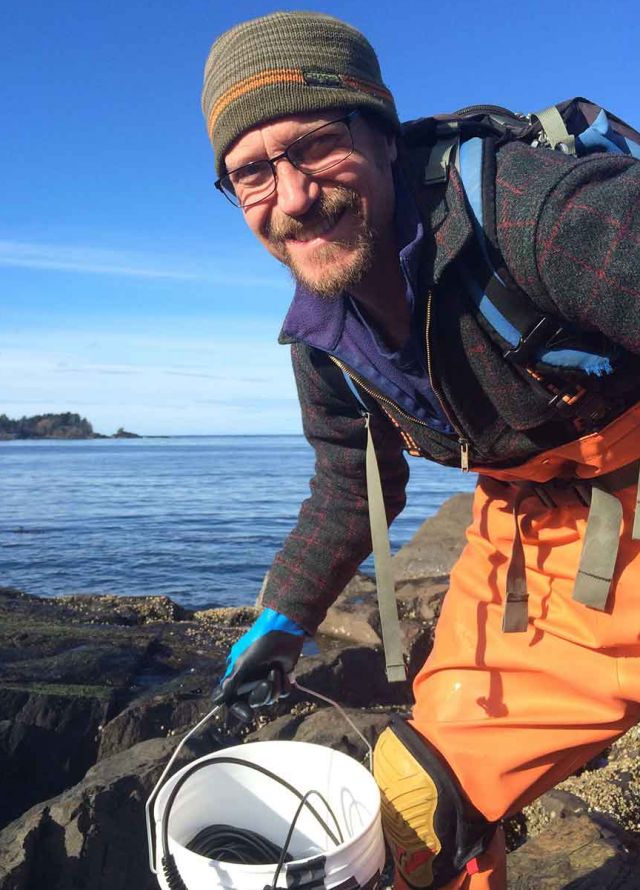Unanticipated roles of consumers in mediating the functioning of marine ecosystems

Speaker
Matthew Bracken
University of California, Irvine
Abstract
Humans are altering the diversity of life on Earth and consequently altering how biological systems function. Large, mobile species – consumers – are at greatest risk of extinction, prompting the question: What are the consequences of the loss of consumers for the functioning of marine ecosystems. Whereas most work evaluating consumer impacts focuses on consumption, Matt Bracken will present and discuss other functions that consumers provide in marine systems, including their roles in recycling nutrients and enhancing recruitment of algae. He will specifically address the roles of consumers in enhancing algal growth, describe experimental designs for partitioning consumptive and non-consumptive effects of grazers, discuss the importance of community composition and describe insights gained from conducting these experiments in the field. Typical perspectives on interactions between grazers and algae focus on consumption by the herbivores, but herbivores can also benefit primary producers, and these positive effects can outweigh the negative effects.
Speaker Bio
Matt Bracken is interested in linking community-level and ecosystem-level processes, especially in marine systems. Ecological communities are composed of suites of interacting species, and he studies how those species mediate the transformation and flux of energy and nutrients. Like many complex systems, a functioning community can be greater than the sum of its parts, and Matt’s work highlights the emergent role of biodiversity as a driver of important ecosystem functions such as nutrient cycling and biomass accumulation. He is also interested in the role of local-scale versus large-scale processes, spatial subsidies, and non-traditional species interactions. For example, Matt has done quite a bit of research into the roles of consumers as mediators of nutrient availability in marine systems. He received his B.S. degree in Biology from the University of Puget Sound, his Ph.D. in Zoology from Oregon State University, and worked as a Postdoctoral Scholar at the UC Davis Bodega Marine Lab before becoming a faculty member, first at Northeastern University in Boston and now in the Department of Ecology and Evolutionary Biology at UC Irvine.